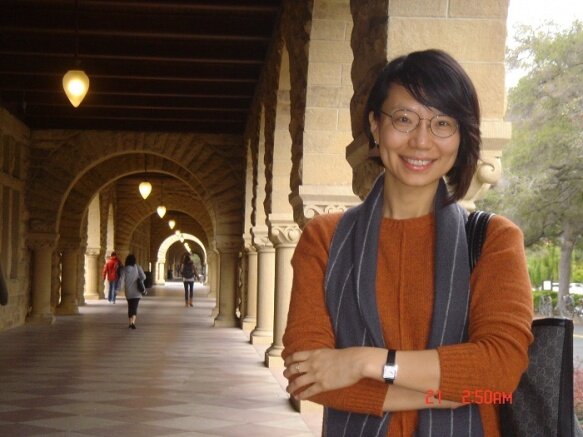Work-family conflict, work-family facilitation, and job outcomes in the Korean hotel industry
Hyun Jung Choi, Young Tae Kim
International Journal of Contemporary Hospitality Management, Vol. 24 Iss: 7, pp.1011 – 1028, 2012
Abstract
Purpose – The present study aims to investigate the predictive effect of work-family conflict and work-family facilitation on job satisfaction in the Korean hotel industry. In addition, this study seeks to examine if there is a significant effect of job satisfaction on job performance.
Design/methodology/approach – The data were obtained from full-time frontline staff in ten five-star hotels in Seoul. Confirmatory factor analysis and path analysis through AMOS 4.0 were performed to demonstrate relationships among variables. In addition, frequent analysis to investigate sample characteristics and correlation analysis to determine relationships between each of the two constructs were conducted using SPSS 10.0.
Findings – The results show that job satisfaction may be improved by limiting “work to family conflicts” and evaluating the nature of “facilitation from family to work”. An additional finding is that job satisfaction may enhance job performance. Unexpectedly, “family to work conflict” significantly and positively relates to job satisfaction in the workplace.
Research limitations/implications – It would be desirable for future research to study these issues via extending the sample to various categories of employment, and not only hotels but also different areas of the tourism and hospitality industry. Longitudinal research that allows social researchers and hotel organizations to understand employees better in specific industrial situations would be beneficial to understand fully the relationship of work-family interface to job outcomes more completely.
Practical implications – This study proposes that organizations invest more resources in flexible working schedules, regular working hours, family-friendly programs, and additional useful benefits and support related to family.
Originality/value – This study offers useful guidelines for foreign hotel entrepreneurs entering the Korean market regarding how to improve job satisfaction and job performance in relation to work-family interaction.
© Emerald Group Publishing Limited
Read Full Article







